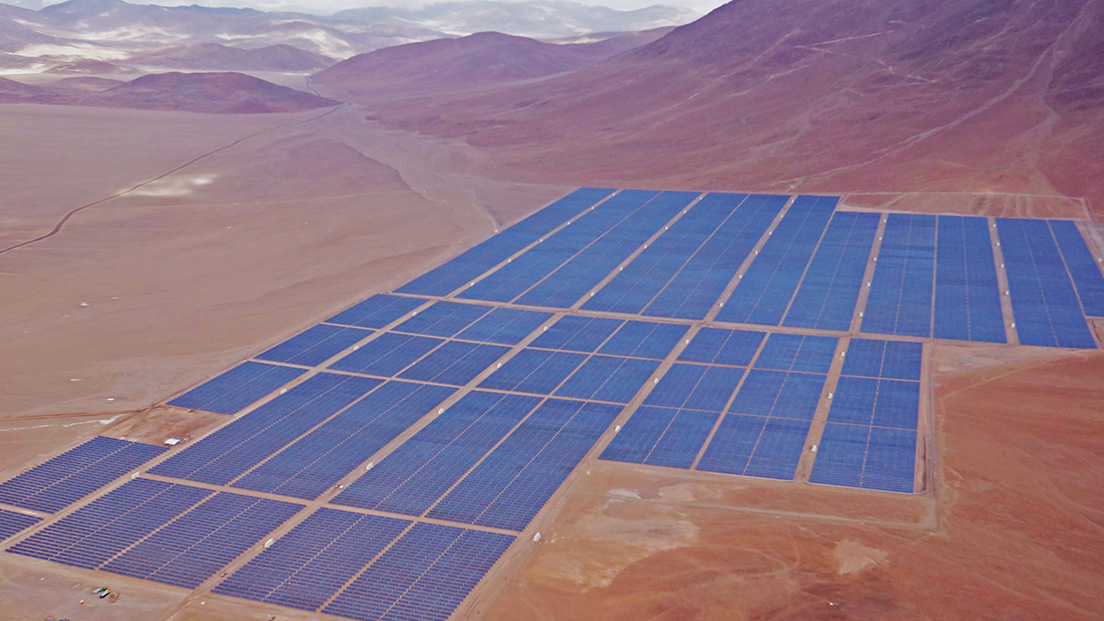NEXTracker, a leading supplier of tracking systems for the global solar industry, is to expand its local manufacturing in India as part of its strategy to help support India’s National Solar Mission (NSM) and facilitate its own growth in one of the world’s most dynamic PV markets for ground-mounted installations.
The Flex company has signed partnership deals with five local companies – including APL Apollo Tubes Limited – that it claims will increase the ratio of its locally produced steel content to 80%, based on volume and weight of the final product.
In all, this means that NEXTracker can reduce its shipments into India by 50%, and thus slot more seamlessly into the Indian government’s Make in India program, which is designed to encourage more domestically produced goods, either with or without foreign investment.
Tasked with installing 100 GW of solar capacity by 2022, demand for large-scale PV in India is high. The recent doubling of its solar park goal from 20 GW to 40 GW offers a raft of opportunities for companies that operate within the large-scale solar sector – and it is these opportunities that NEXTracker is eager to seize, having already supplied more than 20 projects in the country.
By partnering with local companies that can offer high quality steel, NEXTracker can more easily build the bulk of its solar trackers in India. Steel tubes and piers form the backbone of its typical solar tracking systems, and account for a large portion of their overall weight and cost.
Popular content
“Our India expansion reflects our strategy to regionalize manufacturing wherever possible to better serve our customers, accelerate project velocity, reduce risk and save on logistics costs,” said NEXTracker CEO Dan Shugar.
The CEO added that NEXTracker will support its Indian customers via its Hyderabad office, which has doubled in size in the past year as the firm has incorporated local requirements and standards into its products.
The maturation of India’s solar industry will naturally lean towards an increasing embrace of single-axis trackers, NEXTracker believes. The firm has already been chosen by Adani for a 100 MW solar plant in Punjab and a 30 MW array in Tamil Nadu developed by CleanMax Solar, and sees vast scope for more such projects nationwide, due to India’s high levels of solar irradiation and perpetual demand for greater return on investment.
This content is protected by copyright and may not be reused. If you want to cooperate with us and would like to reuse some of our content, please contact: editors@pv-magazine.com.


1 comment
By submitting this form you agree to pv magazine using your data for the purposes of publishing your comment.
Your personal data will only be disclosed or otherwise transmitted to third parties for the purposes of spam filtering or if this is necessary for technical maintenance of the website. Any other transfer to third parties will not take place unless this is justified on the basis of applicable data protection regulations or if pv magazine is legally obliged to do so.
You may revoke this consent at any time with effect for the future, in which case your personal data will be deleted immediately. Otherwise, your data will be deleted if pv magazine has processed your request or the purpose of data storage is fulfilled.
Further information on data privacy can be found in our Data Protection Policy.